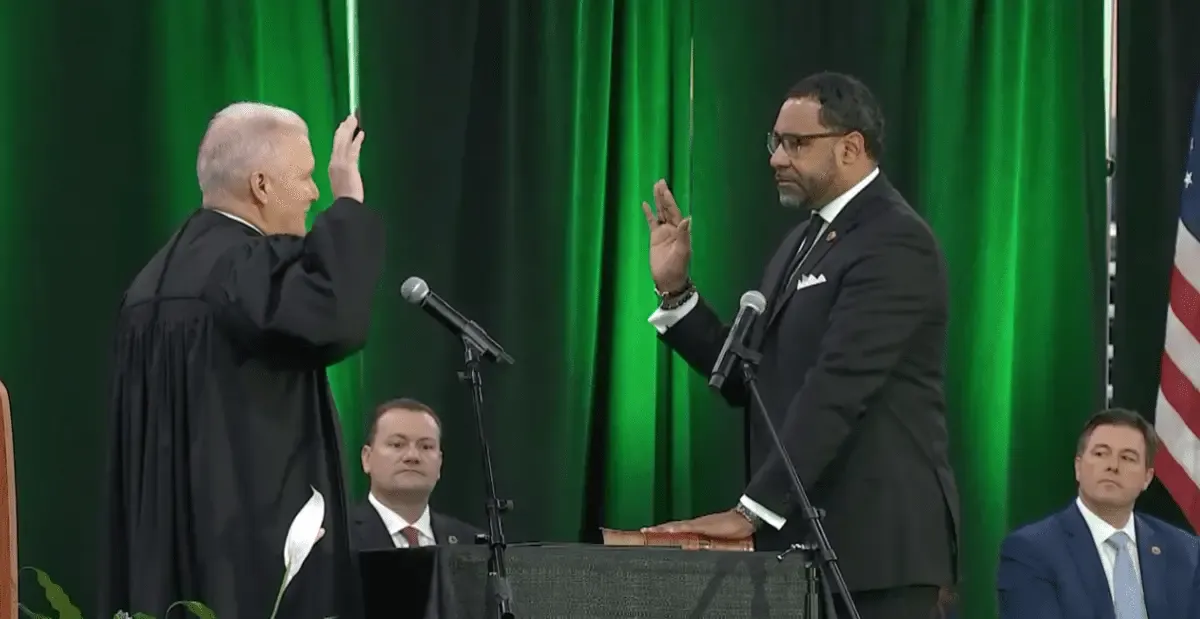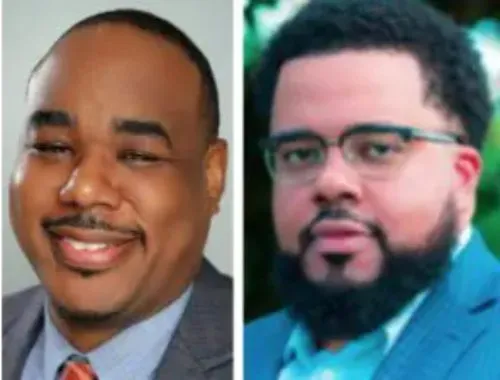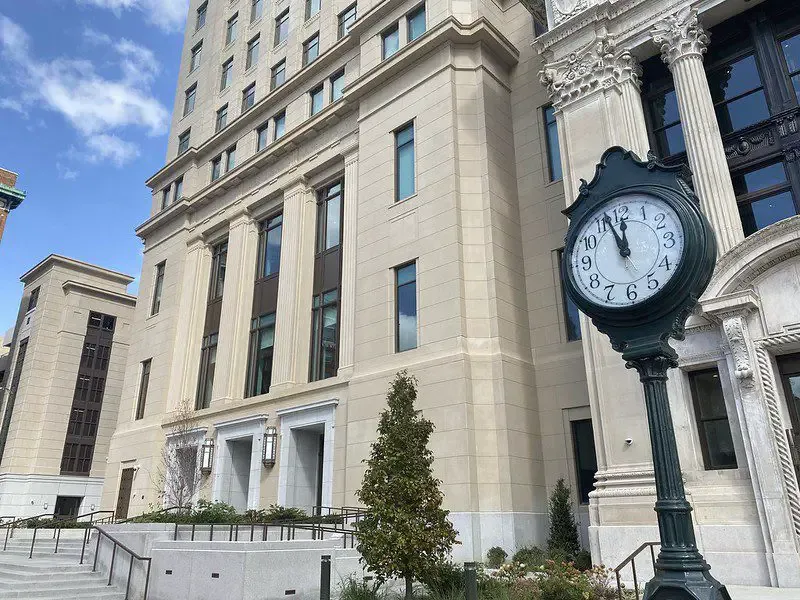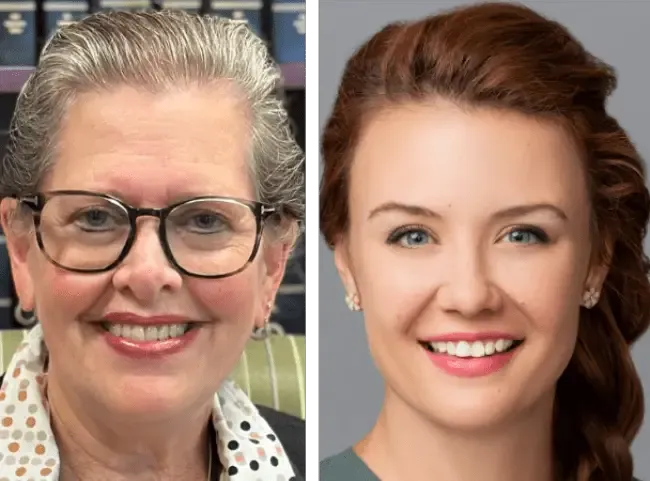Election 2023 — Eastern Henrico — Northern Henrico — Top News — Education — Terrell Pollard — Keith hicks — Crystal Parker — Tommie Jefferson — Ryan Young
ELECTION 2023: All 5 Fairfield District school board candidates discuss hot-button issues at Henrico Democrats' forum





